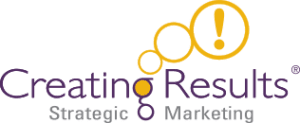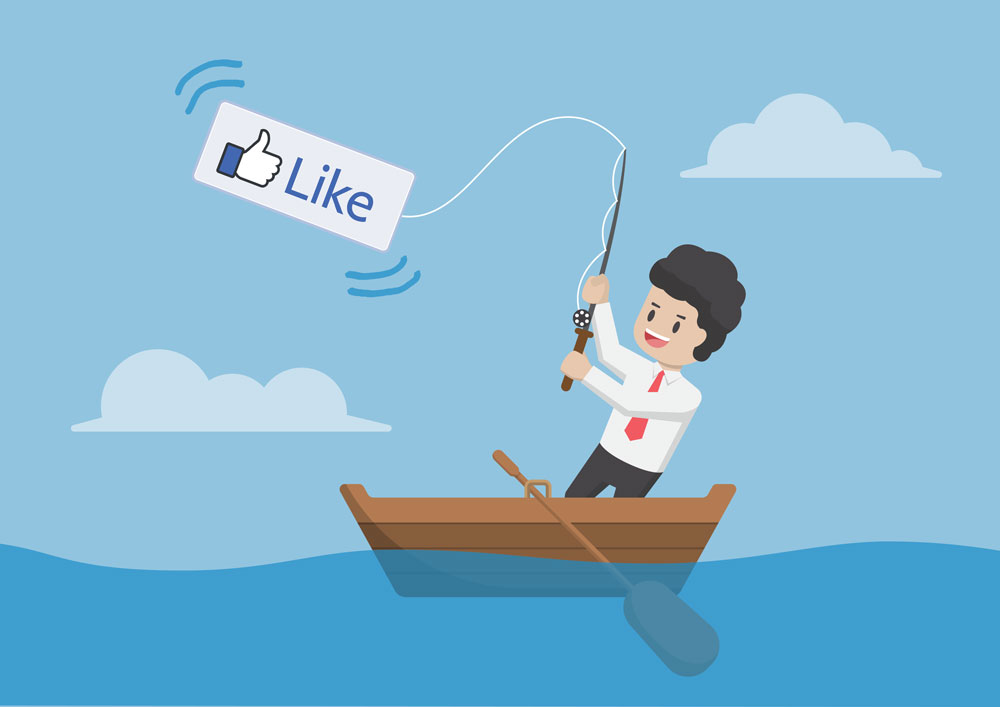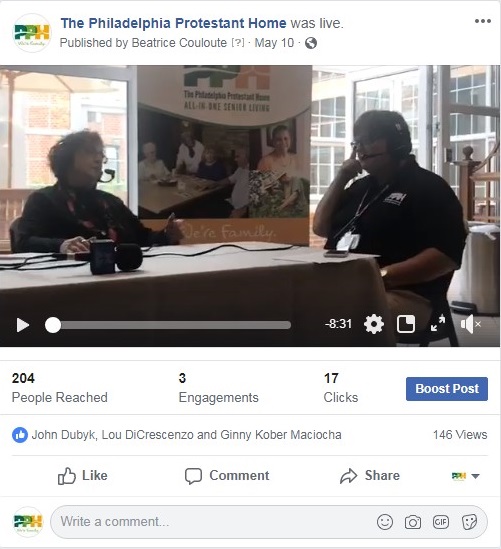You’ve decided to take the plunge into the social media world and more specifically, Facebook. You’ve created a Facebook business page, posted some recent articles from your favorite resource, and liked a few posts from competitors and their followers. Yet your followers aren’t liking your posts or sharing those educational articles. You take it a step farther and boost a couple of your event posts, still little engagement. What gives? Facebook’s new algorithm.
The algorithm that powers Facebook determines what users see in their news feeds. The latest update prioritizes people’s personal relationships with friends and families followed by paid advertising. That leaves organic posts from businesses toward the bottom of the list. While businesses may be posting daily and engaging with other businesses or followers, a majority of their audience doesn’t see their organic content. In fact, while at the Digital DC Summit last week, Carlos Gil of Gil Media Co. said less than 1% of brands’ content is seen by users. This is supported by similar research like this post from AdWeek and this post from HubSpot, which indicates organic posts are seen by less than 2% of followers on average.
Should you give up organic posting? While it’s harder than ever to reach users organically, you do have ways to impact your Facebook results.
1. No Baiting Allowed.
In the past, you may have asked users to comment or share a specific post.
Not only are organic business posts deprioritized by default, but posts requesting a specific engagement action are also considered baited posts. Facebook’s new algorithm penalizes you for this type of content. If you’re asking for likes, shares or comments, the algorithm will push down your post or may not even show it.
Instead, try engaging your audience in a healthy debate. For instance, ask your followers about their favorite local team. Then reply to their comments and share how your residents are celebrating the upcoming game at your community. A topic that will naturally get people talking is a good way to leverage opinions and comments. That higher engagement will help your content be shown more often.
2. Video, Video and More Video
Facebook loves video. In fact, native videos (videos uploaded to Facebook directly) and Facebook Live are given priority over other content. Don’t worry, you don’t need to hire a production team and a hairstylist. All you need is a mobile device and some willing participants.
Record employees welcoming a new resident, do a Boomerang shot of Bob’s bingo win or an overview of your latest event. All these posts will work well for views. Take it a step farther by asking your audience questions. Asking them for help in welcoming Marilyn to the community, about their favorite group game or their favorite part of community events are great ways to amplify engagement.
3. Take the Plunge into Paid Advertising
Paid advertising takes priority in Facebook’s new algorithm after content from friends and family. After reviewing all the cat videos, friendiversaries and now your videos, users will see your paid campaigns.
Lead generation and conversion ads are a great way to maximize your return. For lead gen ads, users will be able to complete a form that’s within Facebook. This usually yields a higher conversion rate since users typically don’t want to leave Facebook. We’ve also noticed great success with conversion ads. Ask the user to be on a VIP list or another small commitment to peak their interest. The user then will reroute to your landing page. This format is beneficial for remarketing and furthering your leads through the sales funnel.
Creating both paid campaigns and generating content will not only help establish trust to your followers but also build your audience/presence on Facebook, which will ultimately garner more leads. Organic posting, much like SEO, is a long-term strategy, while paid advertising will help you net immediate inquiries. Both are important.
The purchase journey for retirement and 55+ communities is a long one, so evoking trust and engagement will help keep you top of mind during the process. The more you post engaging content, the more buy-in you’ll gain from prospects and therefore impact their purchase decisions.
Want to Learn More and in the Virginia Area?
Our very own Beth Mickey will be presenting more insights and best practices for Facebook at the LeadingAge Mid-Atlantic Marketing Symposium on September 19. Register here.





